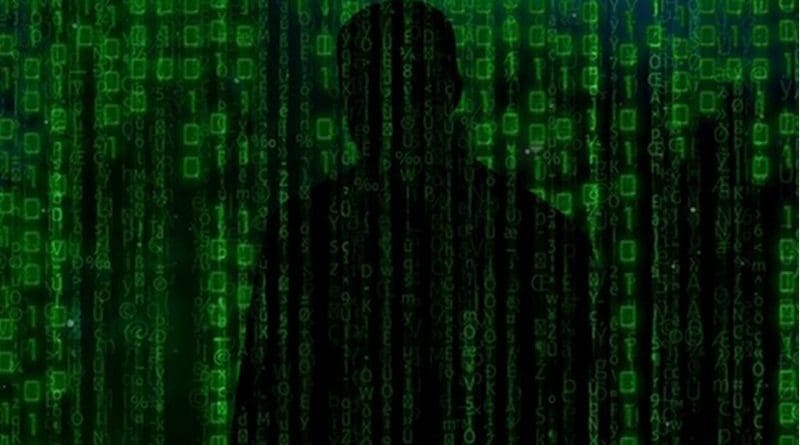Cyberterrorism And Its Securitization In Pakistan – OpEd
One of the biggest threat of 21st century is terrorism, all states whether developing or underdeveloped are equally getting affected by it. The alarming new component of terrorism is its spread in cyber space. Cyber space is a virtual world where all essential sectors of national life of state have presence and thus, it makes it an attractive target for terrorist groups which are driven by political agenda. The common difficulty in identification of terrorist is that they blend in with general population and are thus harder to identify. This benefit of anonymity is also present in cyber space that terrorist are utilizing all over the world to spread their ideology, carry out their recruitment process and to generate funding.
In this era of globalization cyber space allows a person sitting in one end of the world to carry out action in other part of the world without even being identified. All person might need to carry out such an action is access to information technology and knowhow. Owning to the fact that information technology is easily accessible and its knowhow is not some secret, makes it excellent medium for state and non-state actors to carry out malicious activities against other states and non-states actors. Threat of terrorism or cyber terrorism is from which no country is safe, even most secure countries with world largest armies. However, countries such as Pakistan which are unfortunate to be located in a region that is prone to all types of conflicts whether they are traditional or non-traditional; are more exposed to threats like cyber terrorism. According to scholars cyber terrorism could be defined as “Cyber terrorism is socially or politically illegal attack on computers, network systems and stored information for political gains”. Although, there are no mass events of cyber terrorism reported in Pakistan but according to former NSA contractor Edward Snowden, Pakistan is the second most spied on country and NSA has intercepted more than 13.5 billion pieces of information from Pakistan. But, if one talks about cyber terrorism specifically in Pakistan, many terrorist organizations are running their recruitment pages and financial set-up electronically.
These groups and their online presence is serious issue because through these pages, websites, blogs and video they spread hate, sectarianism, violence and messages to overthrow the governments. Absence of strong filters and blocking mechanisms is helping these organizations to carry on their malicious activities. Pakistan is already fighting against terrorism by conducting military operations on state level. In future when it would become harder for terrorists to launch physical activities against state they will move towards the unguarded territory of cyber space. So, it is necessary for Pakistan to nip the evil in the bud.
So far to stop the cyber terrorism different govternment in Pakistan have taken few actions but most of these actions are to regularize different crimes that are taking place in realm of cyber space. Such initiatives include Pakistan Telecommunication Reorganization Act 1996, Electronic Transaction Ordinance 2002, Payment systems and Electronic Fund Transfer Act 2007, Electronic Crime Ordinance 2007, Cyber Security Strategy Bill, Prevention of Electronic Crime Bill and National Action Plan.
However, due to lack of proper institution handling emerging threats in cyber space implementation of these legislative measures is very weak reason being the politicization of the issue of cyber security rather than its securitization. It is true that security measures taken by states in arena of cyber security fall under the grey area where they step on the human liberties but security comes with the price. To securitize Pakistani society from the evil of cyber terrorism it is necessary that strong executive measures shall be taken, separate institutions shall be made to handle all threats emerging from cyber space because one small branch under one federal investigation authority is not dynamic enough to handle threat of cyber terrorism.
*Ahyousha Khan, Research Associate at Islamabad based think-tank Strategic Vision Institute

